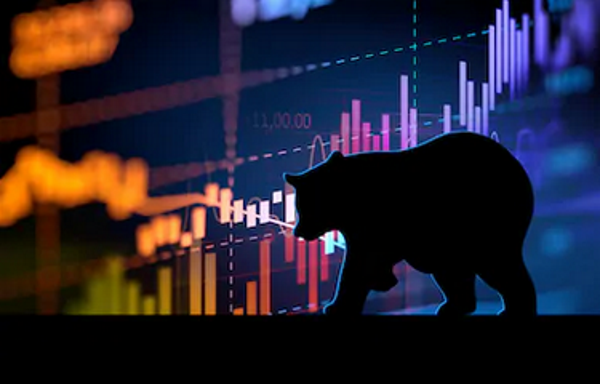Athena Advisors - Bear Market Trap
AthenaAdvisors
Publish date: Thu, 09 Apr 2020, 04:49 PM

It is clear to me that this is a bear rally from the lows in March 18, 2020. Punters are riding on progress of Covid-19 to see if it is time to get back in. Flattening of infection curve is a huge win for sure, from human cost perspective and it is far from explaining true economic cost. To me, investing by celebrating curve flattening is a major mistake because there are lots of false bottoms. These are interesting short-term things happening exclusively for active traders. There is no good reason for markets to go up 12% since then. Emotions and a short squeeze are possibly the available explanations even with Bernie Sanders dropped out of Presidential race and/or optimism over OPEC+ meeting. I am not sure if each of US, Russia and OPEC agreed to cut 15% production, it only comes up to 8 million/bpd, and how on earth it going to reach speculation of 15/bpd given that the combined US + Russia and OPEC output is circa 53 million/bpd.
Policymakers are basically writing blank checks. Surely, Fed is doing things they didn't even consider doing in the depths of the 2008/09 Financial Crisis, which Blackstone Group CEO Stephen Schwarzman said that up to 45% of global wealth had been destroyed by the global financial crisis then. Asian central banks are rushing to cut rates, so low that they don’t even compensate for inflation. Rather, it serves additional push incentive for a massive exodus of capital from Asian economies. Compounding this, are the pull incentive from the monetary and fiscal stimulus measures that the rich world is deploying now. The Institute of International Finance (IIF) data show that some US$92.5 billion of portfolio investments held by non-residents flew out of emerging markets over the 70 days starting January 21 — when the coronavirus outbreak began gathering pace in China compared to a total amount of less than US$25 billion accounted for a combined the 2008/09 global financial crisis, the 2013 “taper tantrum” and the 2015 China-devaluation shock.
To end this conversation, I would like to highlight the three possible risk of intrinsic value of common equity shares being destroyed in this crisis. Firstly, the collapse of business cashflows, conservation of cash for economic reasons and those “bailed-out” companies for political reasons could decimate dividend income paid to the holders of common equity shares. Secondly, profound changes to the long-term capital structure of our listed companies. And thirdly, the solvency possibility given current unprecedented economic and financial environment when you cannot sell your inventory and/or you have to liquidate product at fire-sale prices. All of the sudden, your accounts payable become crushingly high. Then it places you at the risk of insolvency. Even those that manage to escape this fate, their common equity shareholders could be facing massive destruction of value via recapitalizations that will involve huge increases in debt and massive dilutions of common equity via various types of conversions and offerings. I survived last few crises to know what it means with intrinsic value destruction, to put in mildly!
So, please think carefully with the argument that almost every major decline in share prices that occurs during a major stock market decline represents a "buying opportunity”. In a nutshell, one needs to make one clear distinction between investing for “market value” and “intrinsic value”.
Chee Seng, Wong
CIO, Athena Advisors
More articles on Athena Advisors
Created by AthenaAdvisors | Jun 30, 2020







.png)
.png)









